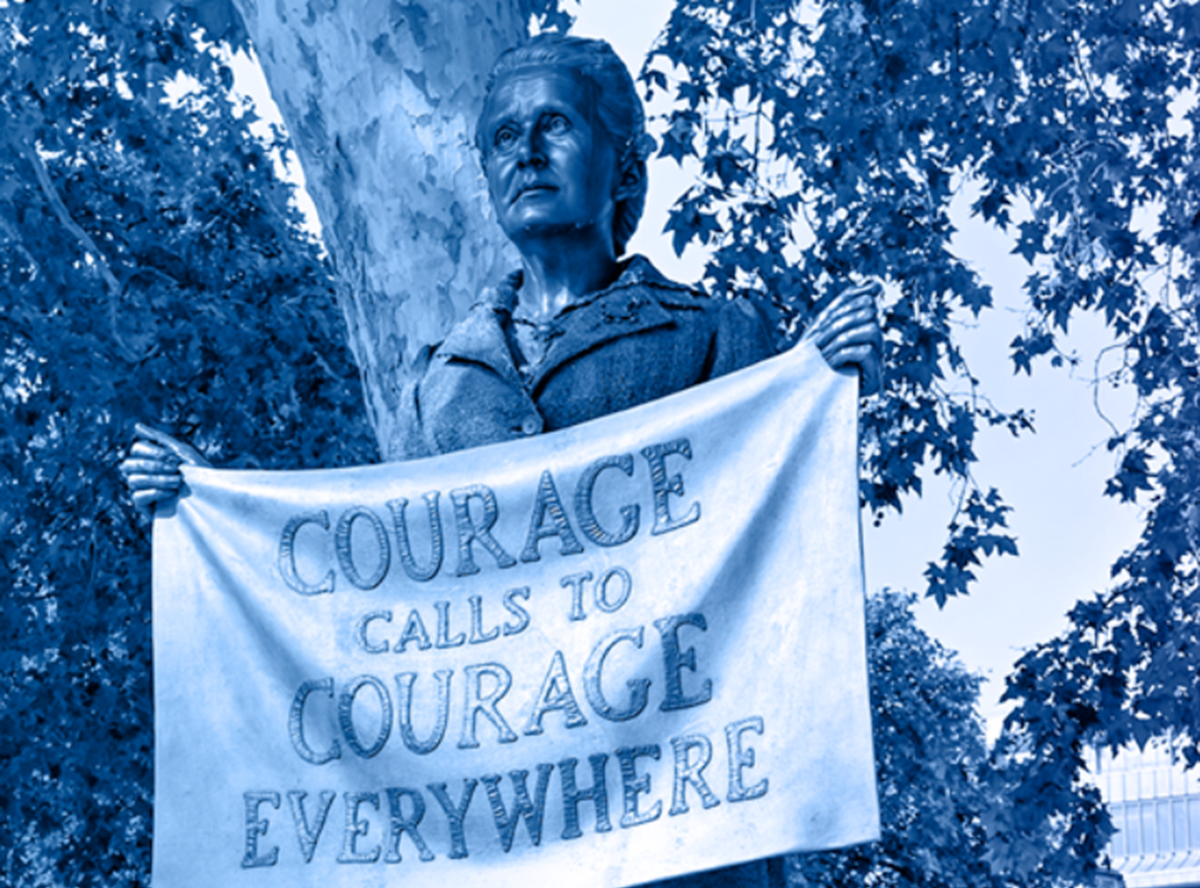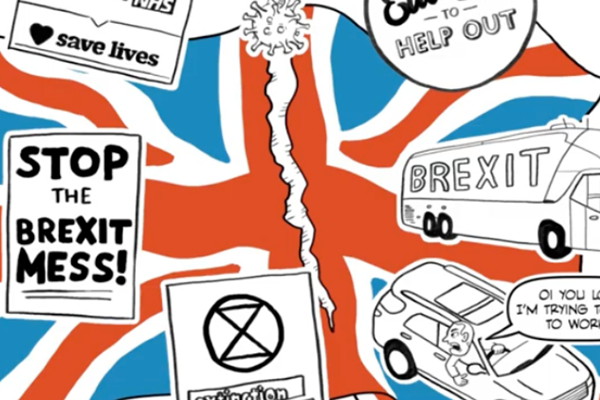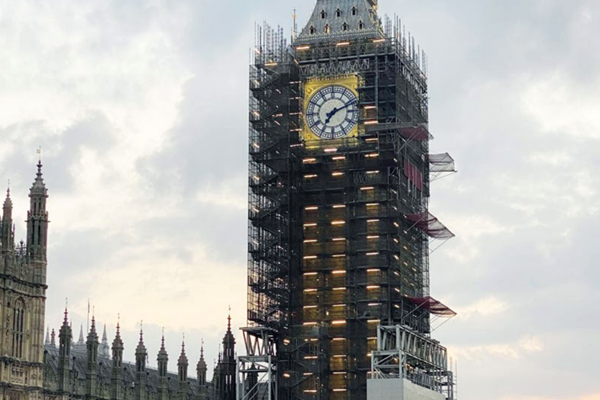How leaders can better navigate cultural change in 2020s Britain.

On many of the cultural issues of the day, from football players taking a knee against racism, to pictures of the Queen being removed from college halls, the discourse within the media tells a story of acrimony and conflict - the ‘culture wars’.
But More in Common has found a different story. Rather than splitting into those who embrace and those who reject change, most people believe that cultural change is a central part of the British story, and something that they embrace. We also found that there is a particular ‘British way’ of doing change, that allows space for people to ask questions, to voice their opinions, and to learn from their mistakes.
People told us in focus groups conversations that they are deeply concerned that the way politicians and campaigners are inflaming culture wars is undermining that British approach to change, playing into the hands of cultural arsonists on the right and left, and building resentment over, rather than acceptance of, change.
In order to better meet the public’s expectations Britain’s leaders need to learn from the past. In Dousing the Flames, we highlight gay rights, gender equality and climate action as examples where leaders from politics and civil society have stewarded change in a way that has changed hearts and minds.
I get why people are angry, of course, but there’s probably not one statue that wasn’t involved with slavery at the time. So, you’d have to pull every statue. It’s kind of ridiculous in a way. It changes nothing. All it’s going to do is cause more trouble.
Owen, Civic Pragmatist, Manchester
I think whether you’re black or white really, why do you want these slavers to be so-called lauded on a plinth? Because it’s not something that I can imagine that anyone is proud to have as part of their heritage, irrespective of actually which side of that heritage you were.
Tanya, Backbone Conservative, London
Britain’s leaders need to step up and play a role in navigating cultural change.
The report offers lessons to leaders, from politicians to activists, on how they can better handle cultural change. Learning from the pragmatic, big tent approach that gay rights campaigners took to changing hearts and minds, they can create a more inclusive narrative of change.
Language needs to be clear and tangible, rather than inflammatory, and avoiding the use of abstract terms like privilege and intersectionality.
Leadership can come from outside politics, with space for schools and businesses step up as places where people can discuss, learn from others and debate complex issues.
The report recommends the creation of independent expert panels representing a range of viewpoints to find common ground on flashpoint issues such as trans-rights and colonial-era statues.
For press inquires and media requests please contact media@moreincommon.com

